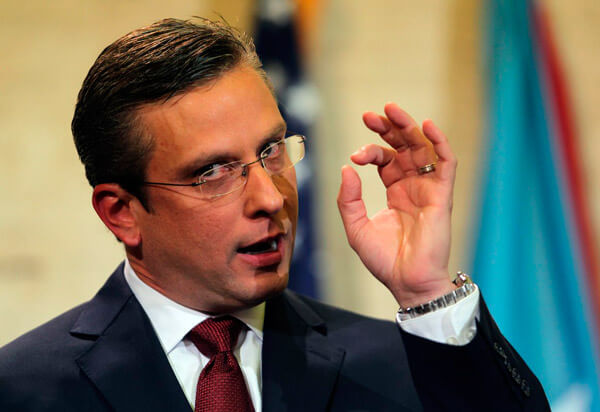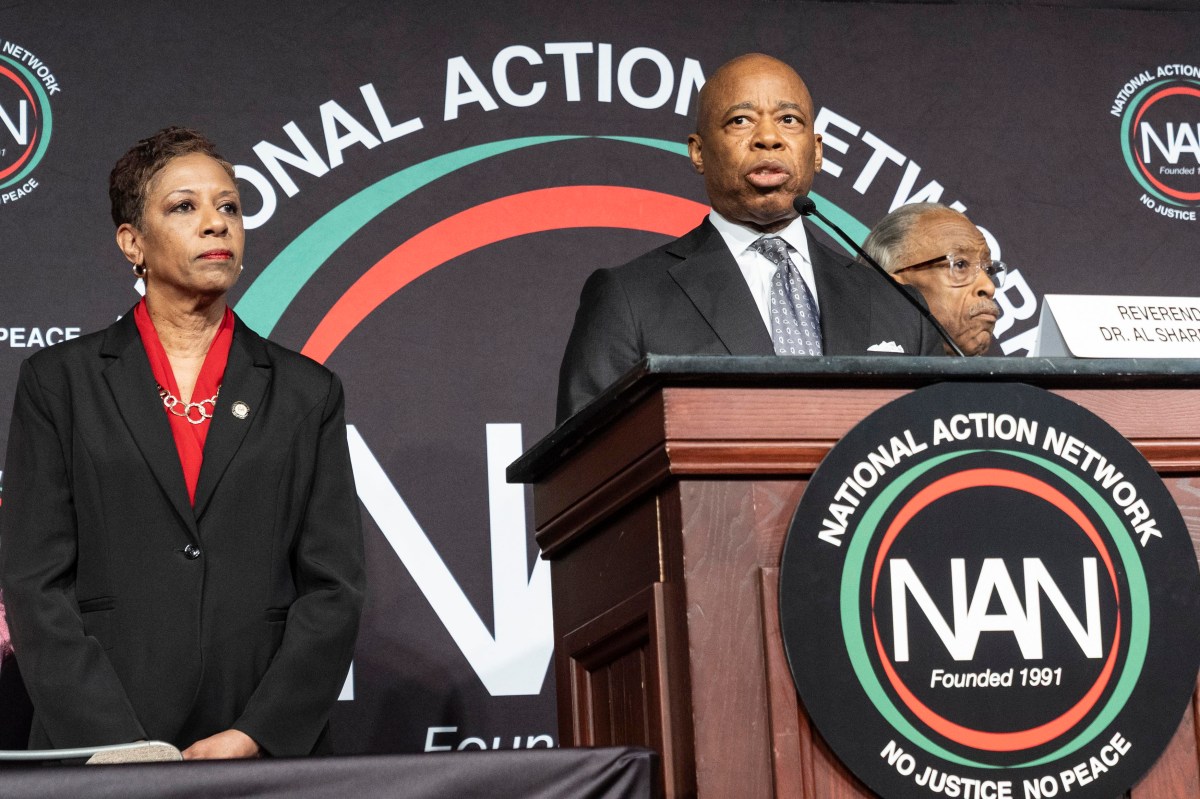Puerto Rico is supposed to be the rich neighbor of the 15-nation Caribbean Community bloc of nations. Its citizens pay minimum personal income taxes and being a dependent territory of the U.S. it enjoys some of the services and protections afforded to mainland American citizens.
In recent weeks, its neighbors in CARICOM and American states have started to pay attention to the economic situation there as the island is drowning in debt, losing thousands of its citizens to migration each week and is defaulting on its international debt payments like never before.
Critics say the situation is reaching crisis proportions, made worse by the fact that the savings and investments of millions of Americans in municipal bonds and other fund investments held in Puerto Rico are under threat as the government there simply does not have enough money to meet financial obligations and see no clear way of doing so anytime soon.
The island of 3.5 million people, three hours by air from the U.S., has been experiencing economic troubles for decades but the issue came to a head in the past year when Congress and the White House began focusing on the situation as high officials pleaded with legislators to help it with a bailout package.
The White House has so far refused such requests even as the government defaulted on hundreds of millions in debt payments that were due on Jan. 1, plunging the island into further crisis and pulling down its already barely existent credit rating even lower.
As of this week Puerto Rico’s was barely swimming in an astonishing $72 billion in outstanding debts with a debt to GDP ratio of about 69 percent.
That figure is surpassed only by New York State and California.

And because federal laws debar it from filing for bankruptcy like mainland American states, officials there are at their wits end to figure out what to do as firms, which had put faith in investors money in Puerto Rico, are upping the pressure even as Governor Alejandro Garcia Padilla has come out and flatly said that the island simply does not have the ability to service most of its debts.
As of the beginning of January, nearly 400,000 citizens had abandoned the island mostly for the warmer states such as Florida and California triggering serious fears about a significant decline in the population in the next decade.
Some are hanging out in motels waiting up to three years on government housing. Others have run broke after exhausting their savings but have no plans to return home.
The public sector has already laid off more than 30,000 staffers. Dozens of schools have closed and teachers sent home in frustration. Sales taxes have been increased to 11.5 from seven percent in the past year increasing the burdens on citizens who are already cash strapped. The poverty rate is 45 percent.
The administration has taken an international media beating for diverting money due to service debt to other responsibilities. The government is unapologetic about this but has said every effort will be made to pay off debts.
”My government has the responsibility to protect, as much as possible, Puerto Ricans from grave consequences. In recent months we have put up a tough fight in Congress looking for the tools we need. We all know that the creditors have spent a fortune lobbying against Puerto Ricans in Congress,” he said of the effort to get a bailout package.
Still new House Speaker Paul Ryan has asked Congress to come up with a plan for Puerto Rico by March as the situation is worsening, while Democrats have tabled bills to prevent creditors from filing lawsuits until the spring.





















